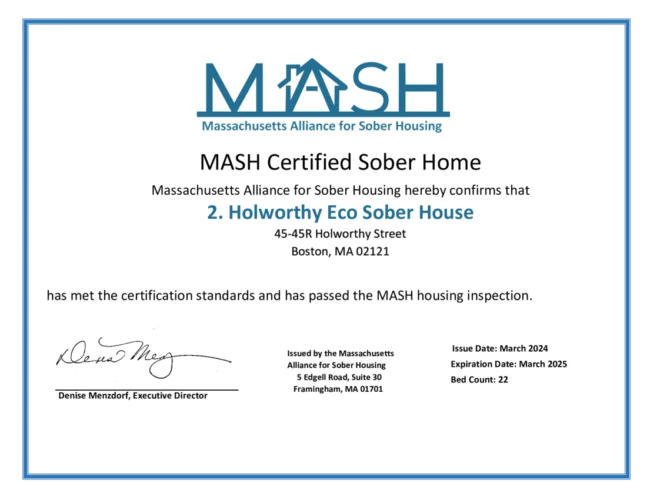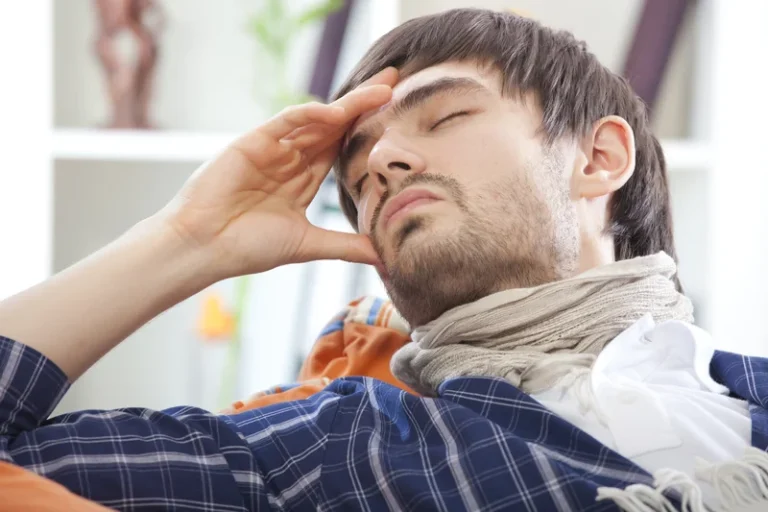
First, using alcohol as a treatment would promote its acceptability to the alcoholic. Second, alcohol has known toxic effects (e.g., impairing the function of the liver, pancreas, and bone marrow) that are not shared by the safer benzodiazepines. Third, in one clinical study, alcohol was inferior to the benzodiazepine chlordiazepoxide. Alcohol withdrawal symptoms can be greatly reduced or even eliminated with proper medical care.
Introduction ‐ Medical Burden of Alcohol Abuse
However, sleep disturbances, irritability, and fatigue may continue for months. If your home environment is not supportive for staying sober, talk with your doctor. Your doctor may be able to connect you with shelter programs for people recovering from alcohol addiction. Their job is to make sure that if you develop any worsening of symptoms, they get you to a hospital or call 911 immediately. There are many support options available that can help guide you through alcohol withdrawal, as well as abstaining from alcohol after withdrawal.
Terms of Service apply.

Here’s some information to help you get ready for your appointment, and what to expect from your health care provider or mental health provider. Always consult your healthcare provider to ensure the information displayed on this page applies to your personal circumstances. Alcohol has a slowing effect (also called a sedating effect or depressant effect) on the brain. In a heavy, long-term drinker, the brain is almost continually exposed to the depressant effect of alcohol. Over time, the brain adjusts its own chemistry to compensate for the effect of the alcohol. It does this by producing naturally stimulating chemicals (such as serotonin or norepinephrine, which is a relative of adrenaline) in larger quantities than normal.

Medications for Alcohol Withdrawal Symptoms
Read on to learn about the symptoms of AWS, as well as how it can be treated or prevented. During an exam, they’ll look for other medical conditions to see if they could be to blame. When the alcohol level suddenly drops, your brain stays in this keyed up state. Over time, your central nervous system adjusts to having alcohol around all the time. Your body works hard to keep your brain in a more awake state and to keep your nerves talking to one another. Behavioral health treatment for alcohol problems is often (but not always) covered by insurance.
Once withdrawal is complete, additional medications and supplements may be needed to address complications and nutritional deficiencies that occur because of chronic alcohol use. A high fever, hallucinations, and heart disturbances are all reasons to seek immediate help. The symptoms may worsen over 2 to 3 days, and some milder symptoms may persist for weeks in some people. They may be more noticeable when you wake up with less alcohol in your blood.
- Heavy drinkers who suddenly decrease their alcohol consumption or abstain completely may experience alcohol withdrawal (AW).
- But if you’ve gone through alcohol withdrawal once, you’re more likely to go through it again the next time you call it quits.
- This is where symptoms are usually the most severe, with some individuals displaying delirium tremens — hyperactive autonomic activity that can lead to cardiac collapse.
- Your healthcare provider will recommend and encourage treatment for alcohol use disorder.
- If you drink alcohol heavily for weeks, months, or years, you may have both mental and physical problems when you stop or seriously cut back on how much you drink.
- Alcohol withdrawal is common, but delirium tremens only occurs in 5% of people who have alcohol withdrawal.
Alcohol use disorder can include periods of being drunk (alcohol intoxication) and symptoms of withdrawal. In addition to benzodiazepines, a person may also require other medications, such as phenytoin, barbiturates, and sedatives, which include propofol, ketamine, or dexmedetomidine. Following successful alcohol withdrawal completion of detox, an inpatient or outpatient rehabilitation program may be recommended to allow further work toward recovery and relapse prevention. The experience of withdrawing from alcohol can be uncomfortable and difficult. Some people may relapse, or drink alcohol again, to relieve the symptoms.
Common Alcohol Withdrawal Symptoms
Because denial is common, you may feel like you don’t have a problem with drinking. You might not recognize how much you drink or how many problems in your life are related to alcohol use. Listen to relatives, friends or co-workers when they ask you to examine your drinking habits or to seek help.

Alcohol withdrawal syndrome (AWS)

Join our supportive sober community where each day becomes a step towards personal growth and lasting positive change. 3Wernicke’s encephalopathy is an acute condition characterized by general confusion, abnormal eye movements, and difficulty walking or keeping one’s balance. To better understand the mechanisms underlying withdrawal, one must briefly review some of the principles of neuronal communication in the CNS. The transmission of nerve signals from one neuron to the next is achieved, in general, through small molecules called neurotransmitters, which are secreted by the signal-emitting neuron.
Severe Symptoms
- For some, these symptoms may peak within the first 24–48 hours after alcohol cessation, but they may continue after this point in others.
- Similarly, seizures and DT’s may be confused with other conditions that should be excluded during initial assessment.
- Management of AW includes thorough assessment of the severity of the patient’s symptoms and of any complicating conditions as well as treatment of the withdrawal symptoms with pharmacological and nonpharmacological approaches.
- Recognition and treatment of withdrawal can represent a first step in the patient’s recovery process.
https://ecosoberhouse.com/ is a potentially serious complication of alcohol use disorder. It’s important to get medical help even if you have mild symptoms of withdrawal, as it’s difficult to predict in the beginning how much worse the symptoms could get. But treatment varies based on the severity of alcohol withdrawal and the likelihood that it could progress to severe or complicated withdrawal.

Recent Comments